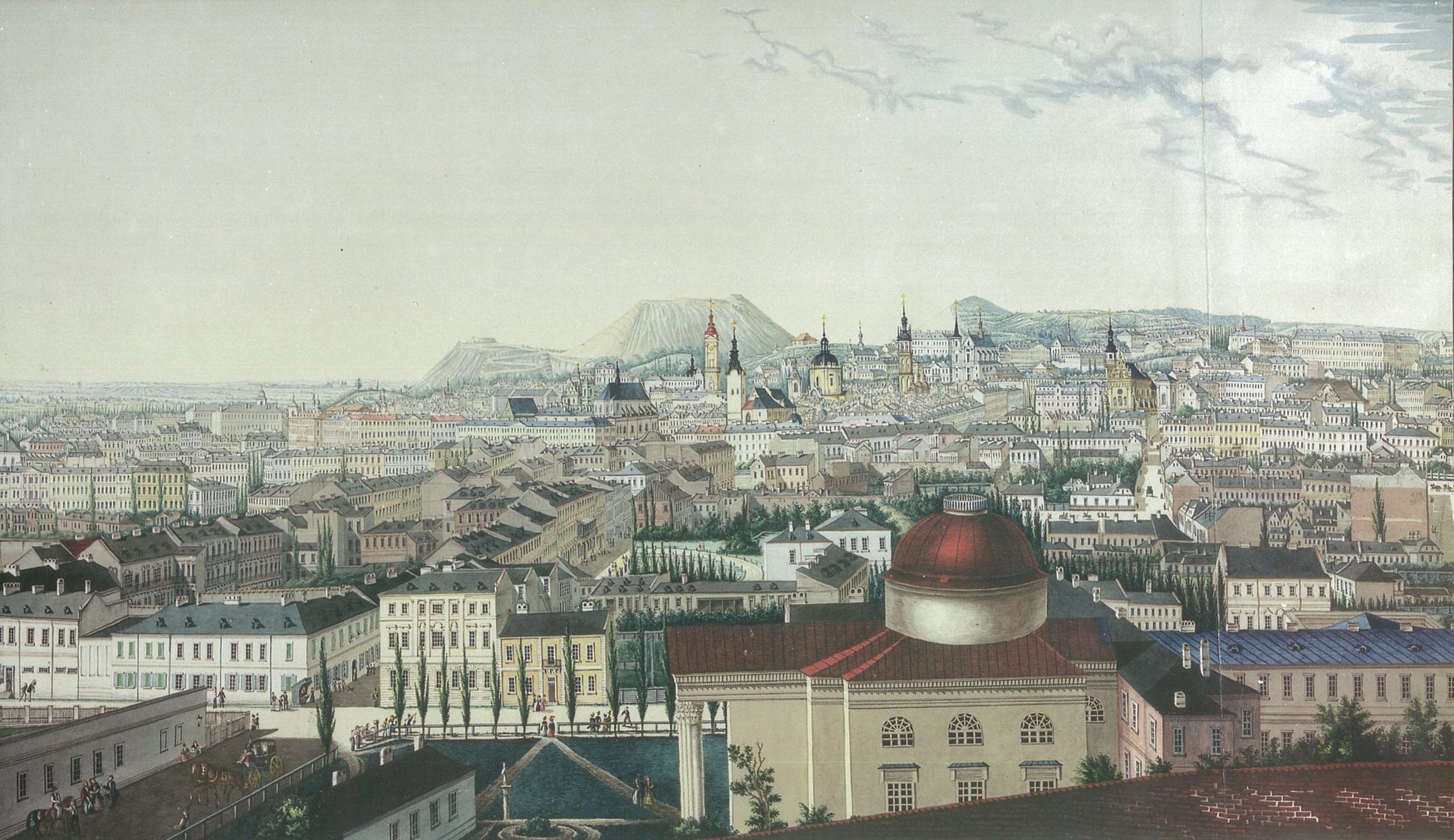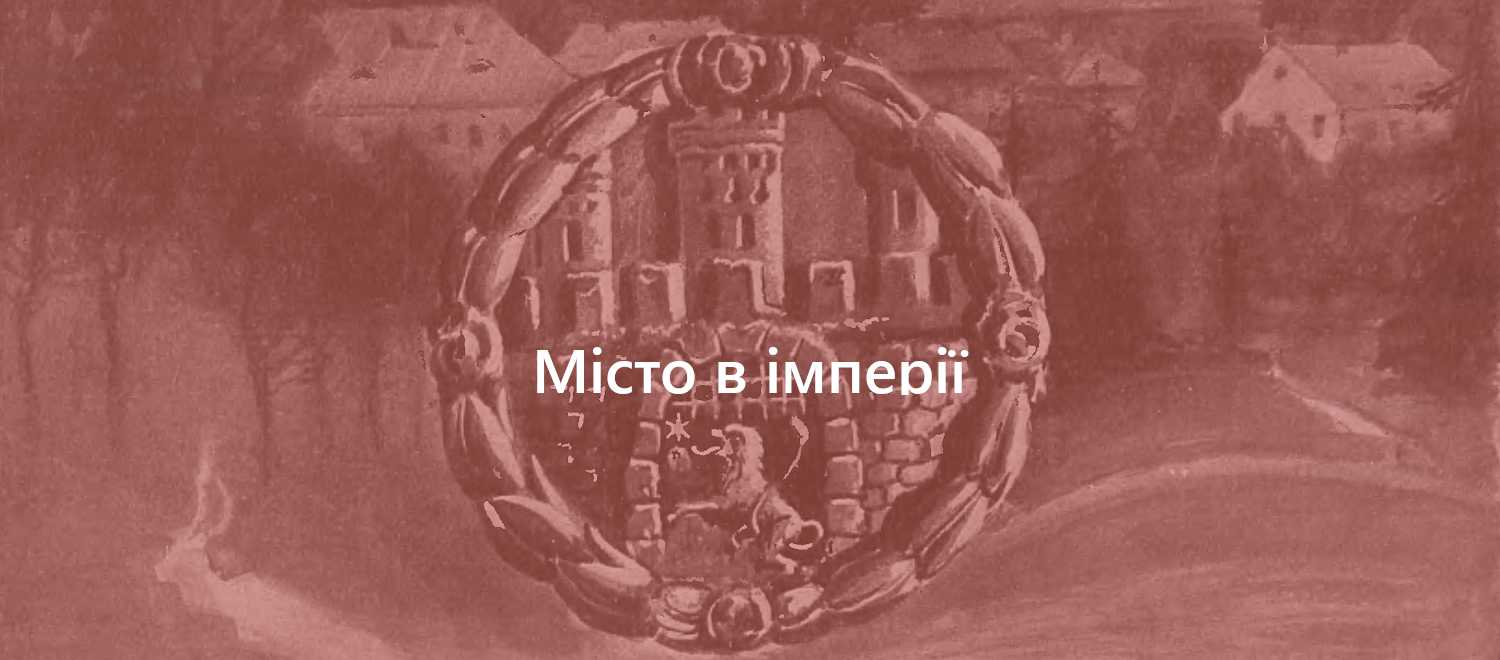

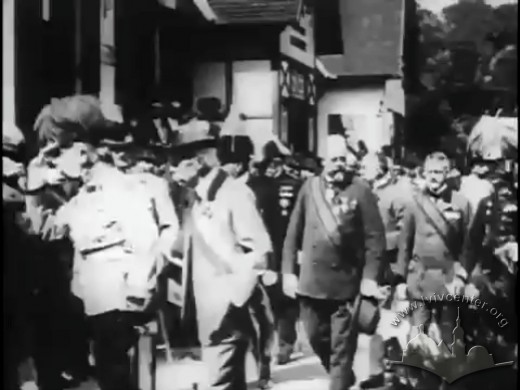
The Emperor Is Coming!
During his nearly 70-year reign (from 1848 to 1916), Emperor Franz Joseph of Austria visited Lviv five times, and each of these visits was different from the last.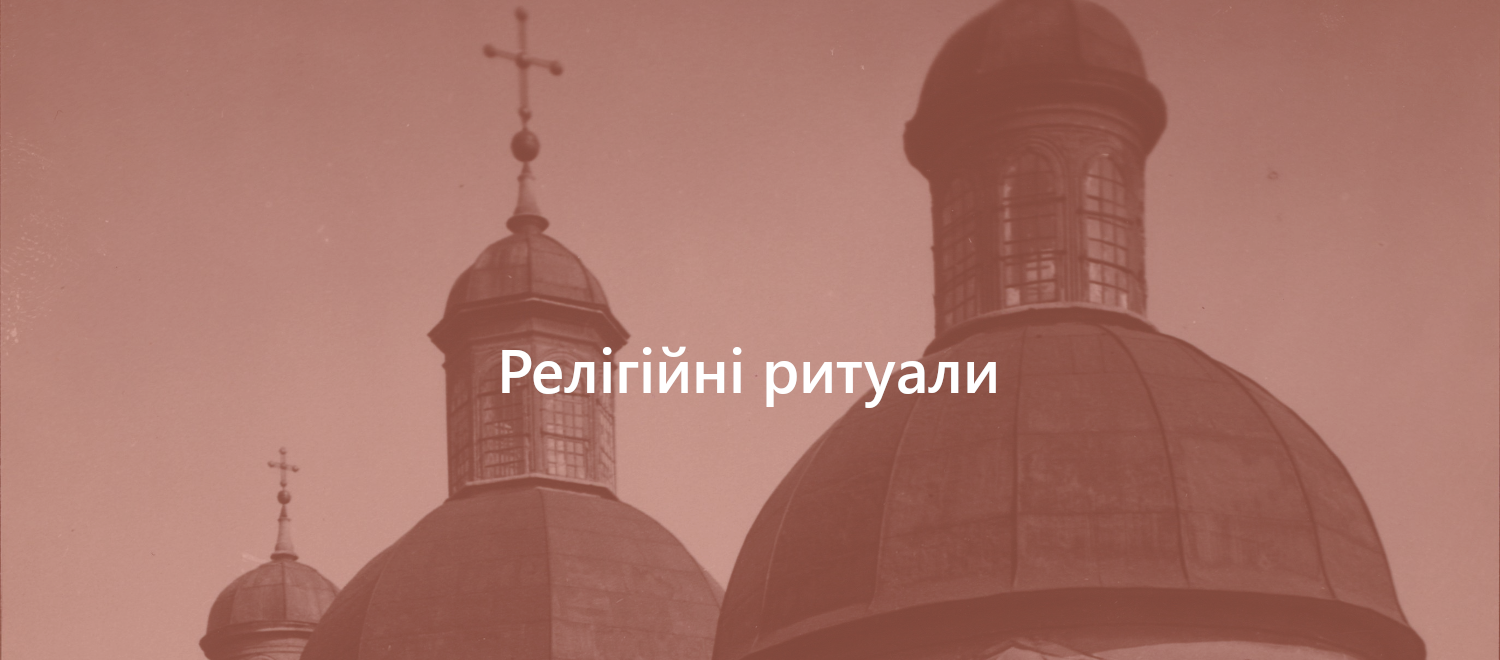
Religious rituals in the public space of Lviv
The Roman Catholic Poles and the Greek Catholic Ukrainians were the main actors in purposeful political representation with the use of religious instruments in Lviv. For them, this presence in the city was part of the struggle for Lviv as a center of their "national revival."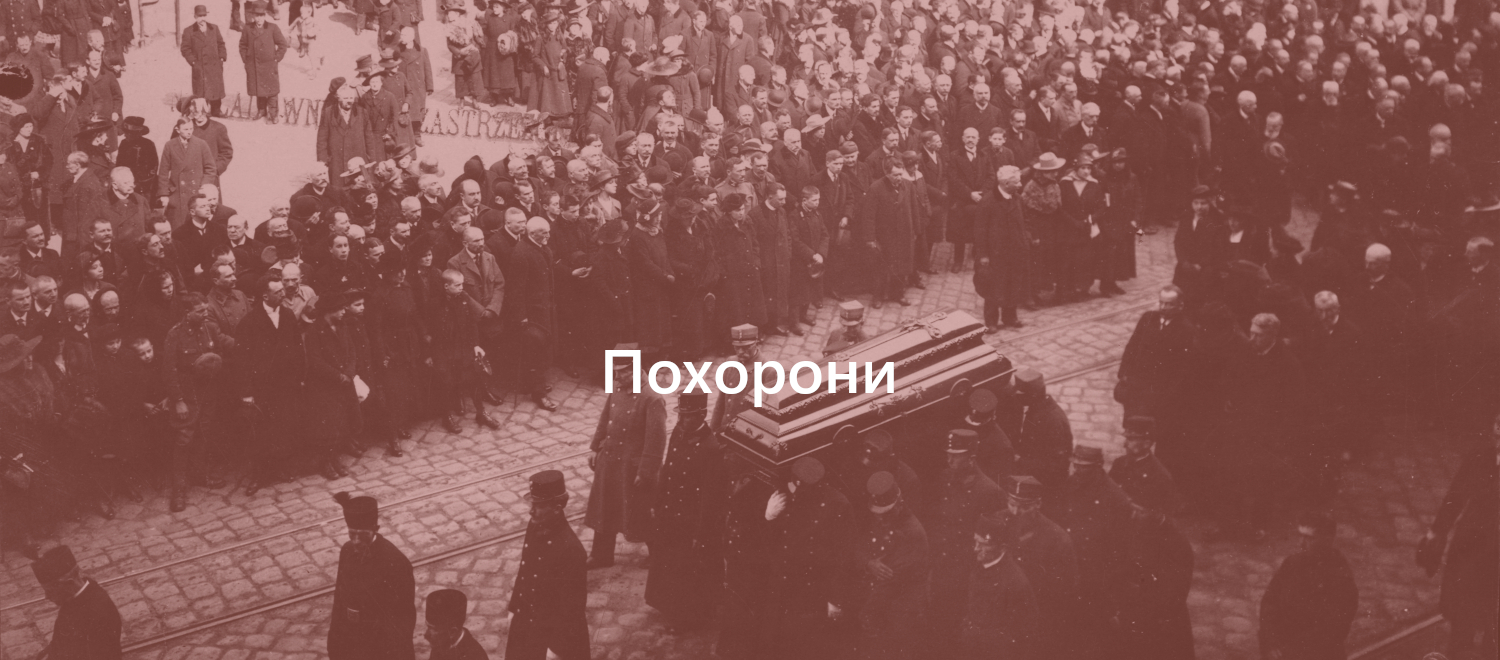
Funerals as national manifestations
Funerals with the participation of a large number of people took place in Lviv even at the time of strict centralization after the suppression of the Spring of Nations in 1848. These were opportunities to hold legal demonstrations at a time when all mass events, except imperial and religious ones, were prohibited.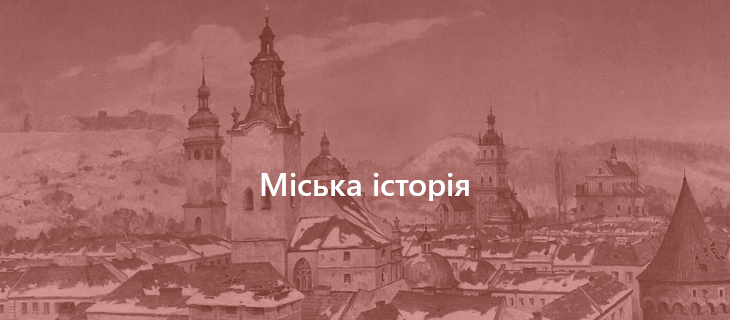
"City history" and political mobilization in Lviv in the late 19th and early 20th centuries
During the period of autonomy, numerous patriotic events were regularly held in Lviv to mark various historical events. These were often all-Polish anniversaries or anniversaries of the January or November Uprisings, the 3rd May Constitution Day, etc. However, there were also examples of truly local dates dedicated to events from Lviv's past.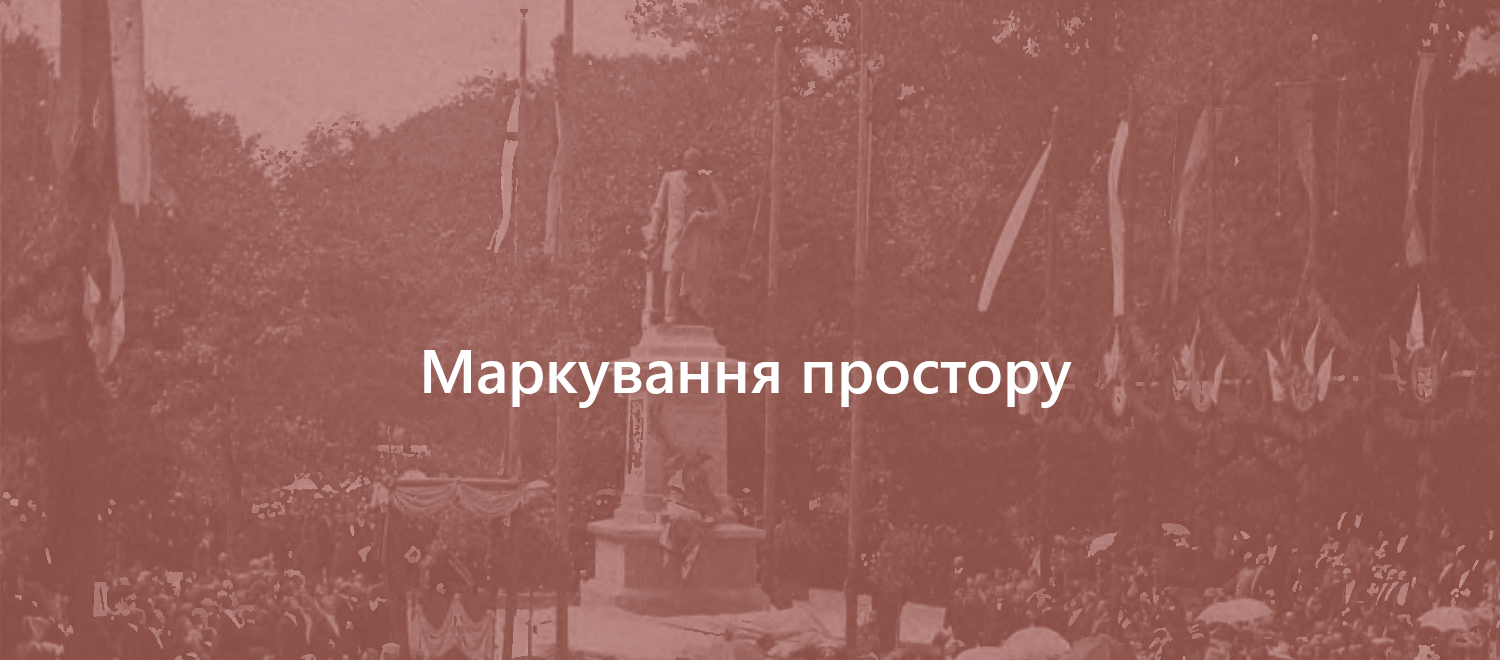
Space marking
Mass politics influenced not only using the city’s space but also building it. Lviv was considered the capital of a crown land and, in addition, the capital of two national projects, so it should have appropriate buildings and monuments, while streets should have the correct names.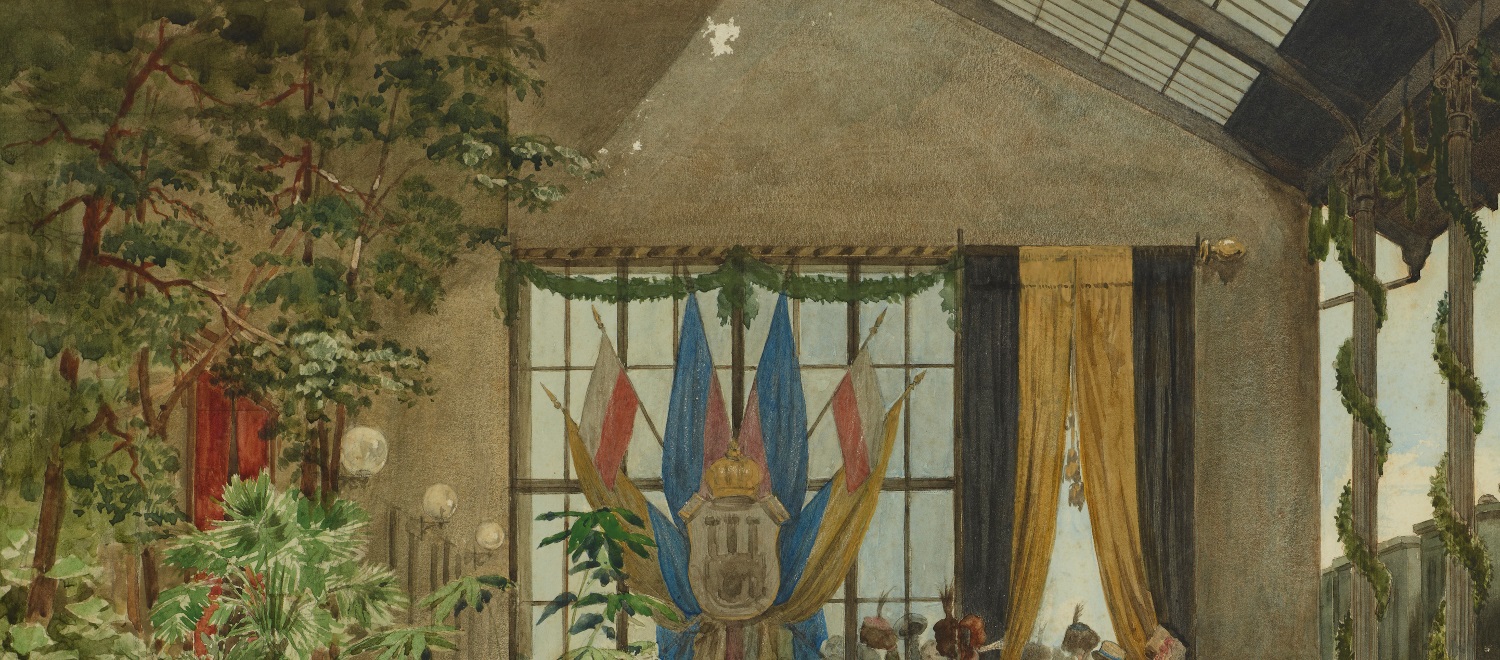
Welcoming guests and showing oneself
The best way to see how Lviv and Lvivites wanted to "show themselves" to the guests of the city is through the stories of imperial visits. In addition to the fact that these visits were very important and revealing, their example can be used to trace the evolution of welcoming guests and self-presentation over the course of half a century. And there were other visits and other guests, less significant, but no less revealing.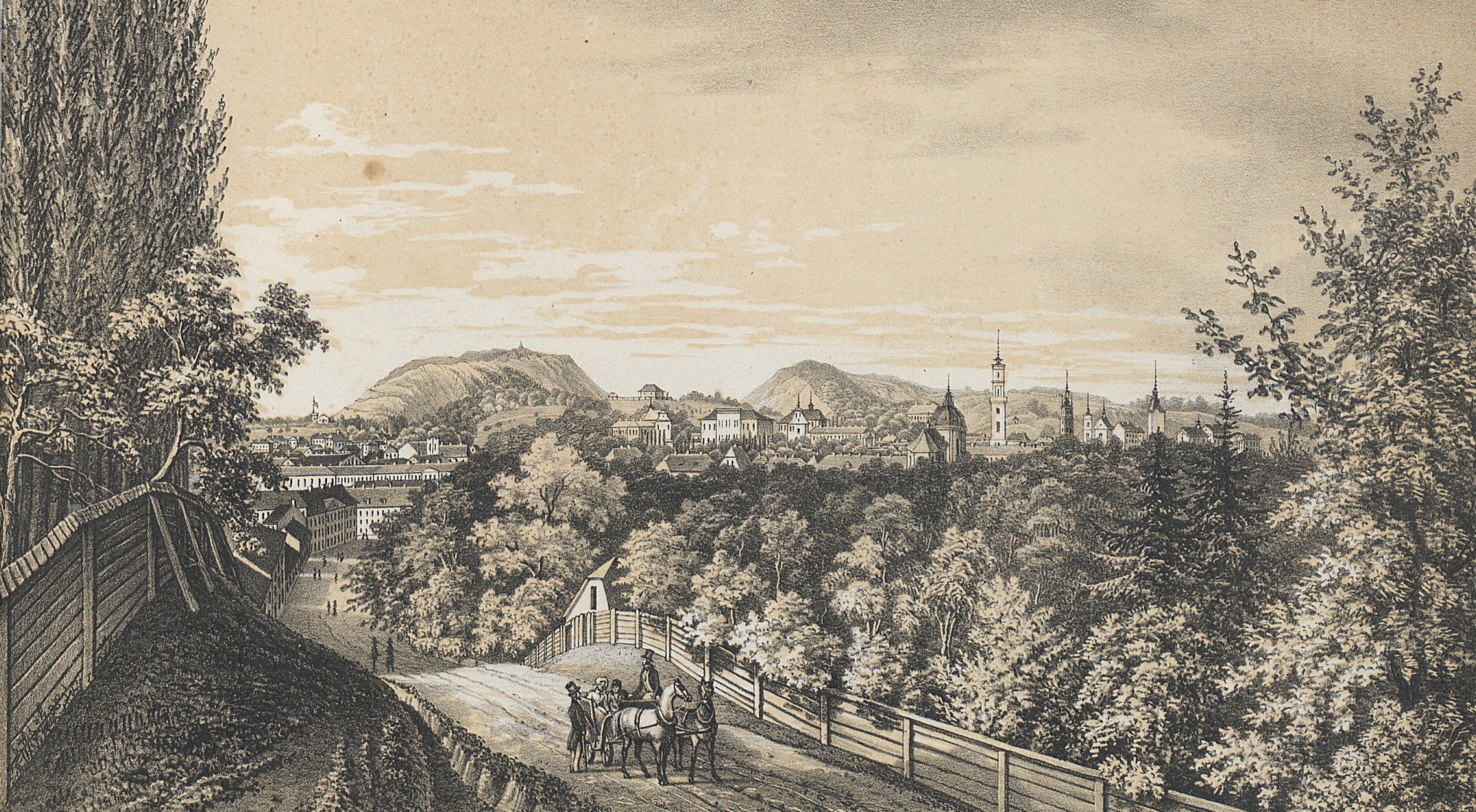
The Emperor Is Coming 1851
The inspection tour of 1851 was supposed to introduce the new emperor to his subjects.